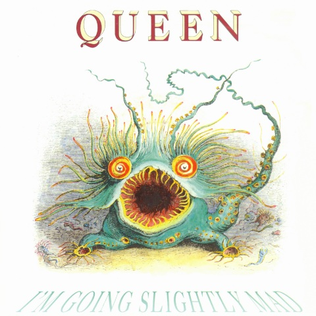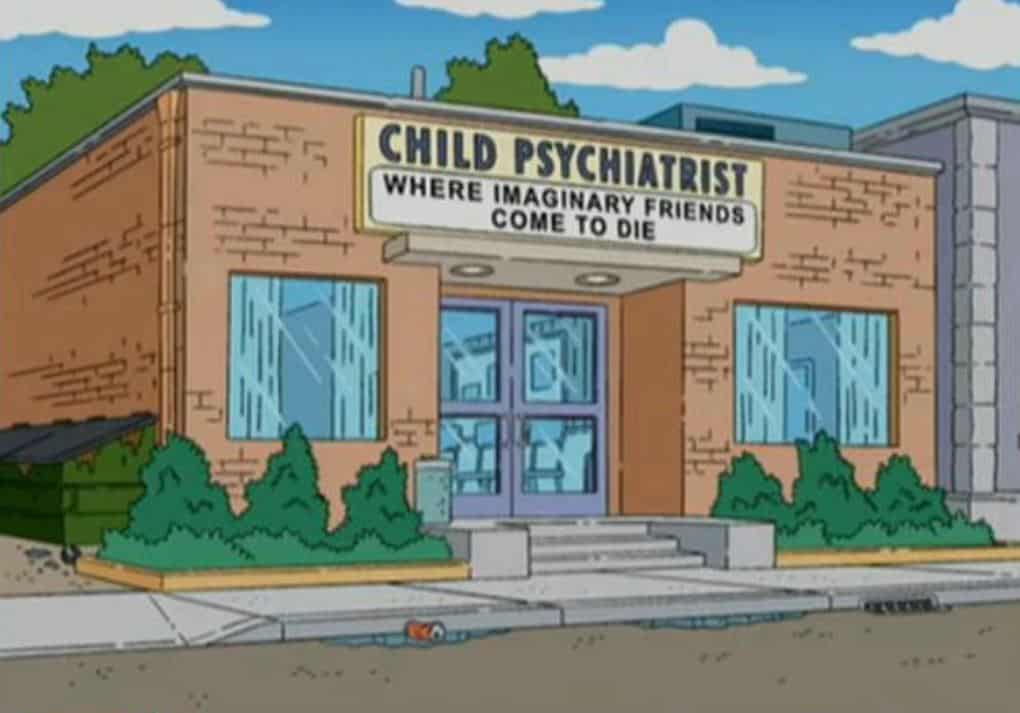This week in class I was asked about violence associated with mental illness. People diagnosed with a mental illness are much more likely to be victims of homicide than perpetrators. This article reinforces this:
Mentally ill people are not killers. Angry people are.
Tuesday, 29 July 2014
the humour of mental health issues
Just in case you thought there was nothing funny about mental health issues, here is a whole bunch of videos that might change your mind:
Stand Up for Mental Health
Stand Up for Mental Health
Monday, 28 July 2014
acute dystonic reaction
Acute dystonic reaction is a side effect of antipsychotic drugs. This short video shows what it looks like:
Acute Dystonic Reaction
Acute Dystonic Reaction
nursing management of aggression
Another link to an article from Nursing Planet, this time about the nursing management of aggression:\
Nursing Management of Aggression
Nursing Management of Aggression
Thursday, 24 July 2014
more on the development of the vibrator for the treatment of female hysteria
A really good article on this "touchy" but "penetrating" subject:
Female Hysteria, Victorian era doctors and the vibrator
Female Hysteria, Victorian era doctors and the vibrator
another celebrity heroin death
Just in case you missed it, here is an article about the latest celebrity heroin overdose:
Peaches Geldof was a heroin addict
Peaches Geldof was a heroin addict
Wednesday, 23 July 2014
nursing management of hallucinations and delusions
Hallucinations and delusions are two of the diagnostic signs of a psychotic illness. Learn more about how mental health nurses manage both of these phenomena here:
Nursing Management of Delusions and Hallucinations
Nursing Management of Delusions and Hallucinations
neuroleptic malignant syndrome
More information on this potentially fatal side effect of antipsychotic drugs:
Neuroleptic Malignant Syndrome
Neuroleptic Malignant Syndrome
Tuesday, 22 July 2014
musical madness 7
Queen's tribute to madness, I'm Going Slightly Mad, was the second single released from their album Innuendo, in 1991.


catatonic schizophrenia
This short video gives you some idea of the waxy flexibility associated with catatonic schizophrenia, as well as the nature of some of the hallucinations that someone with schizophrenia might experience.
Further information on catatonic schizophrenia can be found here:
Catatonic disorders
nursing care in ECT
If you do come across ECT being used while on placement, this link will give you an indication of the nurse's role in the treatment:
Nursing Care in ECT
Nursing Care in ECT
inflammation during pregnancy increases risk of schizophrenia in children
Recent research has found that inflammation in the pregnant woman significantly increases the risk of schizophrenia development in offspring. Discover more here:
http://www.sciencedaily.com/releases/2014/07/140708121746.htm
http://www.sciencedaily.com/releases/2014/07/140708121746.htm
Thursday, 17 July 2014
recovery from schizophrenia without medication
Whether people who have been diagnosed with schizophrenia can recover from the illness is a topic of hot debate in the realms of psychiatry. Whether they can recover with the use of psychotropic medication is even more controversial. This video suggests that it can be achieved:
Take These Broken Wings -- Recovery from Schizophrenia without Medication
Take These Broken Wings -- Recovery from Schizophrenia without Medication
Wednesday, 16 July 2014
Are mental illnesses such as PMS and depression culturally determined?
Here is another article worth reading. Firstly, in case you didn't know PMS (pre-menstrual syndrome) is now defined as a mental illness if it is severe enough to meet the diagnostic criteria for premenstrual dysphoric disorder under DSM 5. But is it a universal phenomenon? Is depression recognised by all cultures? This article discusses these questions:
http://www.theguardian.com/science/blog/2013/may/20/mental-illnesses-depression-pms-culturally-determined
http://www.theguardian.com/science/blog/2013/may/20/mental-illnesses-depression-pms-culturally-determined
Tuesday, 15 July 2014
Treatment of Eating Disorders
Here's an overview of eating disorders (podcast):
An Overview of Eating Disorders
Here's a recent podcast about treatment of eating disorders:
Treatment for Eating Disorders and the Path to Wellness
An article on understanding anorexia nervosa:
Eating Disorders: Understanding Anorexia Nervosa
Lastly, an article on new research into anorexia:
Novel Research in the Neuropsychiatry of Anorexia Nervosa
An Overview of Eating Disorders
Here's a recent podcast about treatment of eating disorders:
Treatment for Eating Disorders and the Path to Wellness
An article on understanding anorexia nervosa:
Eating Disorders: Understanding Anorexia Nervosa
Lastly, an article on new research into anorexia:
Novel Research in the Neuropsychiatry of Anorexia Nervosa
What Depression Does to Our Minds When It Attacks
Here's another article worth reading - a pediatrician discusses her experience of depression and offers insights about how to talk to someone who is depressed:
What Depression Does to Our Minds When It Attacks
What Depression Does to Our Minds When It Attacks
The Chemical Imbalance Myth
Over the last fifty years there has been a theory that some mental illnesses are due to "a chemical imbalance" within the brain. The article below discusses just how much truth there is in the theory.
Doctor, Is My Mood Disorder Due to a Chemical Imbalance?
Doctor, Is My Mood Disorder Due to a Chemical Imbalance?
Subscribe to:
Comments (Atom)

